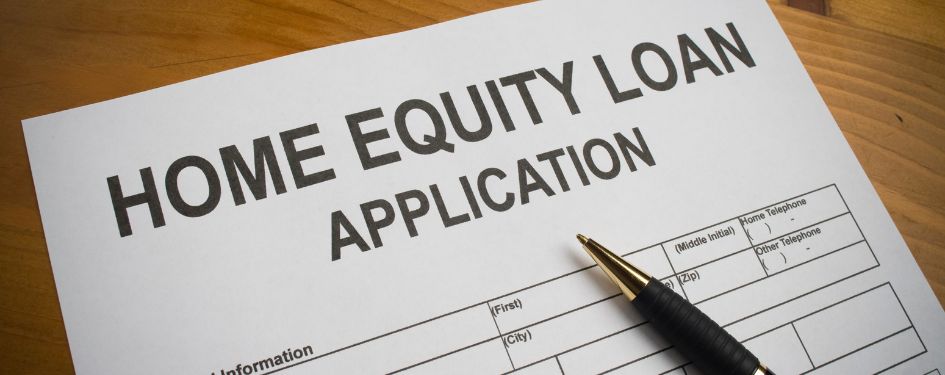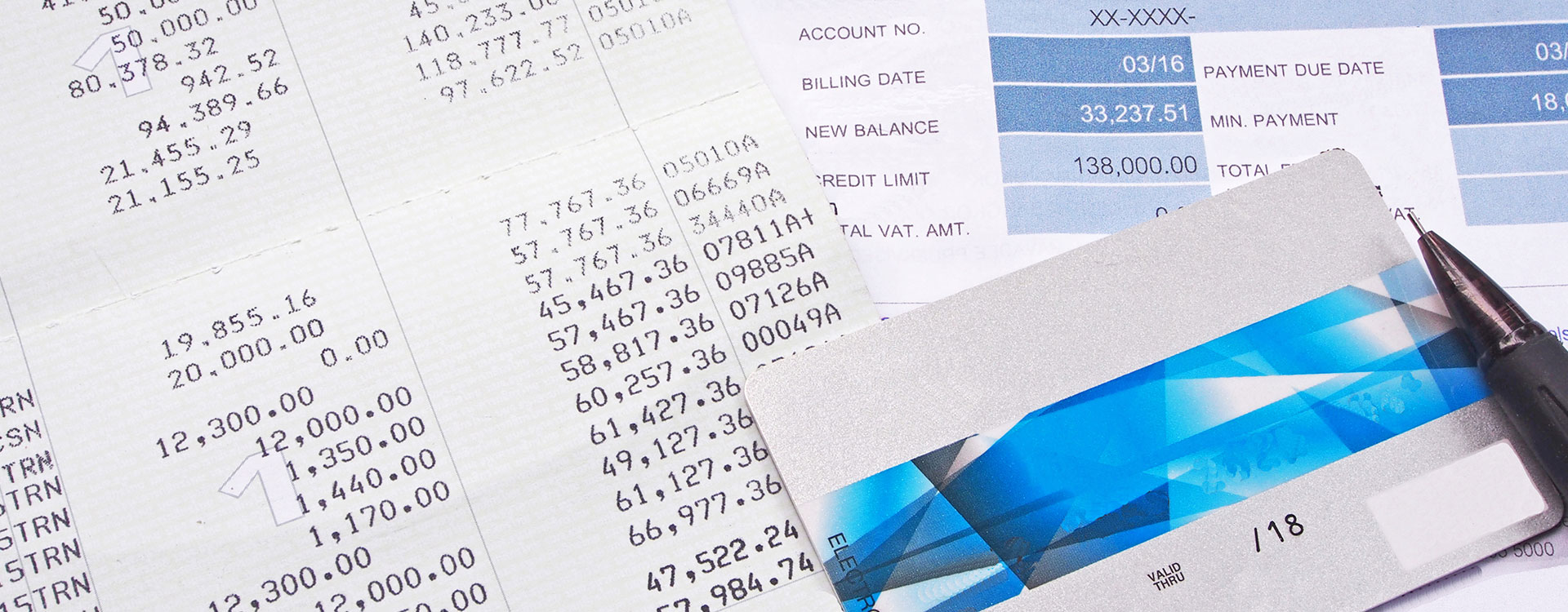Using a home equity loan for debt consolidation can be a smart solution for managing your finances.
Dealing with mounting debt can be overwhelming, but as a homeowner, you have an advantage.
Using a home equity loan for debt consolidation can be an effective strategy to simplify your financial situation and potentially save money.
KEY TAKEAWAYS:
- A home equity loan can be a smart solution to consolidate debt, as it usually carries lower interest rates than other financing options.
- Borrowers should have an ample amount of home equity (ideally 20% or more), along with good credit scores to qualify for these loans.
- The advantages of using home equity loans to pay off debts include the streamlining of one’s debt payments and lower monthly payments
- The advantages of using home equity loans to pay off debts are using your home as collateral and diluting your ownership stake in your home if you plan on selling within 3-5 years.
Why Choose A Home Equity Loan For Debt Consolidation?
So let's explore this debt relief option of using a home equity loan for debt consolidation in greater detail and help you make an informed decision.
When it comes to consolidating debt, a home equity loan can offer significant benefits compared to other financing options for the following reasons…
Lower Interest Rates:
Home equity loans and home equity lines of credit (HELOCs) typically come with lower interest rates compared to credit cards and personal loans. Since your home serves as collateral, lenders consider these loans less risky, resulting in more favorable interest rates.
Streamlined Payments:
Managing multiple debts can be challenging. By using a home equity loan for debt consolidation, you can combine many (or even all) of your outstanding balances into one loan, resulting in a single monthly payment. This simplifies your financial life and also reduces the chances of missing payments.
Lower Monthly Payments:
With a home equity loan to pay off debt, you can extend the repayment term, which can lower your monthly payments. This can provide much-needed breathing room in your budget, making it easier to meet your financial obligations.
Potential Tax Benefits:
In certain cases, the interest paid on a home equity loan may be tax-deductible. However, recent changes in tax laws have placed limitations on the deductibility of interest. Consult with a tax professional to understand the specific implications for your situation.
How To Apply For A Home Equity Loan For Debt Consolidation
If you're considering a home equity loan for debt consolidation, here's a step-by-step guide to help you through the application process:
Step #1 - Assess Your Home Equity:
Lenders typically require a healthy amount of equity, ideally at least 20% or more to qualify for a home equity loan. Calculate your home equity by subtracting your mortgage balance from the current market value of your home. You can get a quick estimate of the market value on a real estate site like Zillow.
Step #2 - Check Your Credit Score:
A good credit score is crucial in securing favorable loan terms. Request a copy of your credit report and address any discrepancies.
Step #3 - Research and Compare Lenders:
Take the time to research and compare different lenders. Consider factors such as interest rates, fees, loan terms, and customer reviews. Start your search with financial institutions where you have existing relationships, such as your primary mortgage lender or local banks, and then contact other lenders.
Step #4 - Gather Required Documents:
Prepare the necessary documentation, including proof of income, employment verification, and identification. Be ready to provide financial statements, tax returns, and recent pay stubs.
Step #5 - Submit Your Application:
Complete the formal loan application provided by your chosen lender. Be prepared for a thorough review of your financial history, credit score, and debt-to-income ratio. This process may involve a hard inquiry on your credit report.
Step #6 - Appraisal and Underwriting:
The lender may require an appraisal of your home to determine its current value, which you as the prospective borrower would have to pay for during this step. Following the appraisal, the lender will conduct a comprehensive review of your application, assessing your ability to repay the loan.
Step #7 - Closing and Disbursement:
Once your loan is approved, review and sign the closing documents. Be sure to understand the terms and conditions, repayment schedule, and any fees associated with the loan. After closing, you’ll receive the loan proceeds, which you can use to pay off your existing debts.
Considerations And Risks When Using A Home Equity Loan For Debt Consolidation
While a home equity loan for debt consolidation can be a beneficial strategy, it's important to be aware of the potential risks and considerations involved including…
Collateral:
With a home equity loan to pay off debt, your home serves as collateral. If you fail to make payments on the loan, you risk losing your home through foreclosure. It's crucial to assess your ability to make timely payments and manage your debt responsibly.
Increased Debt Load:
Consolidating your debt with a home equity loan is only effective if you address the root cause of your debt and avoid accumulating new debt. Be mindful of your spending habits and create a plan to manage your finances responsibly.
Fees and Closing Costs:
Keep in mind that home equity loans may come with fees and closing costs, such as origination fees, appraisal fees, and credit report fees. Evaluate these costs and compare them to the potential savings from consolidating your debts to determine if it's a financially sound decision.
Impact on Financial Profile:
Taking out a home equity loan to pay off debt will impact your financial profile. It will increase your overall debt, which can affect your debt-to-income ratio and loan-to-value ratio. Lenders often consider these factors when evaluating future loan applications.
Alternative Options For Debt Consolidation
While a home equity loan to pay off debt can be a viable option, it's essential to explore alternative solutions to manage your debt as well, such as…
Personal Loans:
Personal loans can be used for debt consolidation without leveraging your home as collateral. Although they may have higher interest rates compared to home equity loans, they offer more flexibility and you don’t have to put your home at risk.
Balance Transfer Credit Cards:
If your debt primarily consists of credit card balances, consider transferring them to a balance transfer card with a low or 0% introductory APR. This can provide temporary relief from high-interest rates, but be aware of the terms and fees associated with these cards.
Cash-Out Refinance:
Instead of a home equity loan, you can opt for a cash-out refinance, where you replace your existing mortgage with a new mortgage loan that includes the consolidated debt. This option allows you to take advantage of potentially lower mortgage rates and access additional funds for debt consolidation.
Take Charge Of Your Debt Management Solution Today
A home equity loan for debt consolidation can be a valuable tool to streamline your debts and potentially save money on interest payments.
However, it's important to carefully consider your financial situation, assess the risks involved, and explore alternative options before making a decision.
Consult with a financial advisor or loan specialist to determine the best approach for your specific needs.
An Effective Tool For A Debt Free Future
With proper planning and responsible financial management, a home equity loan can be an effective tool to regain control of your finances and work towards a debt-free future.
By following the steps above, you can navigate the process of obtaining a debt consolidation loan effectively. Remember, debt consolidation is not a one-size-fits-all solution, and it's essential to weigh the pros and cons based on your unique financial circumstances.
With careful evaluation and proactive measures, a debt consolidation loan can help you regain control of your finances and pave the way to a debt-free future.
Overcoming Challenges Of Multiple Debts
We at Credit9 understand the challenges you face when managing multiple debts, and we're here to help. Our mission is to provide you with the guidance, support, and expertise necessary to make informed financial decisions. By exploring our range of personal loans, you can take the first step towards a brighter financial future.
Together, we can help you become debt-free and empower you to achieve your financial goals.
How Credit9 Can Help You
At Credit9, we offer loan options that could provide you with the financial solution that works best for you.
Since 2018, Credit9 has provided over $460 Million in loans to over 36,000 of our customers, and we’re confident we can help you too.
For more information about Credit9’s unique debt consolidation services, contact us today to see how we can help you consolidate your debts and receive a free, no-obligation, and fully-customized Credit9 loan solution!



